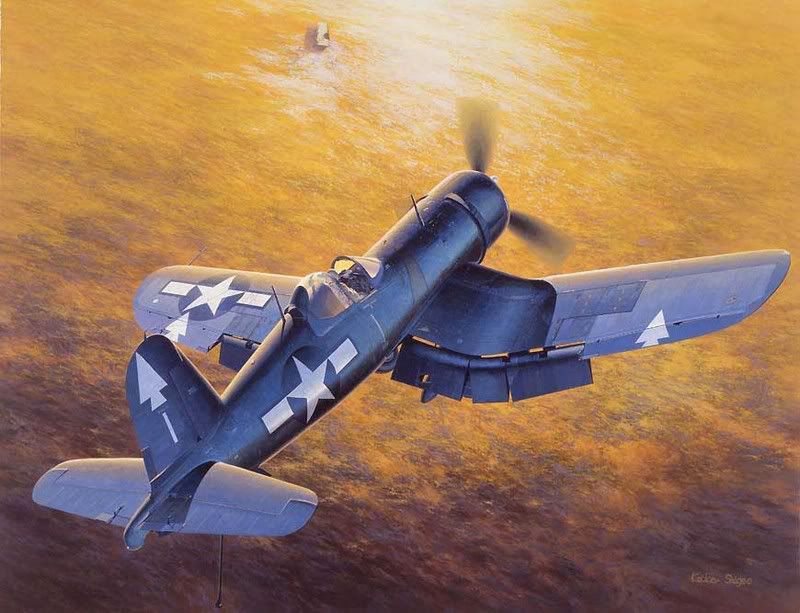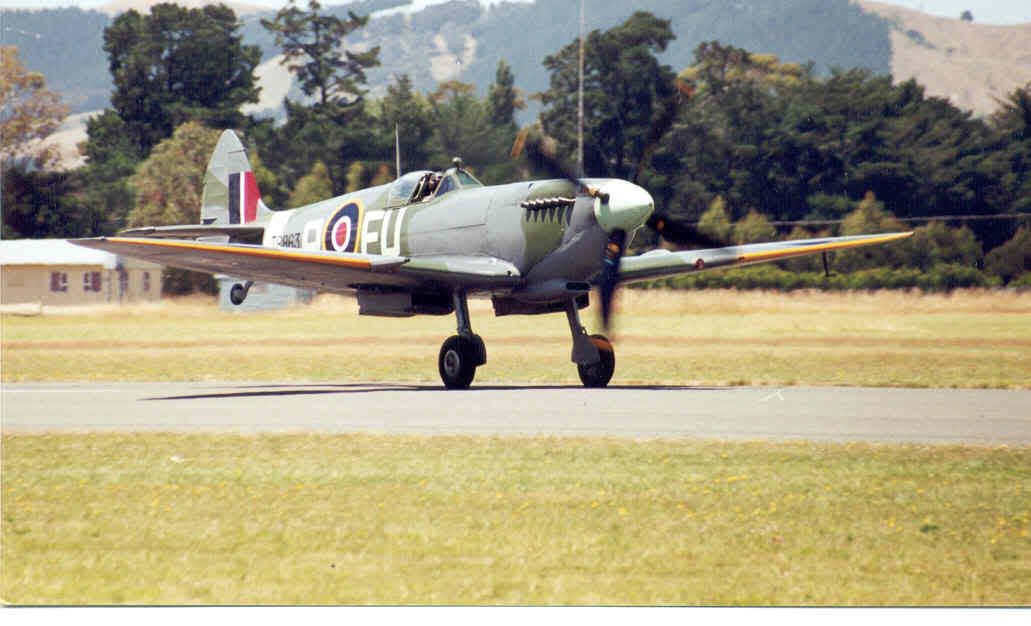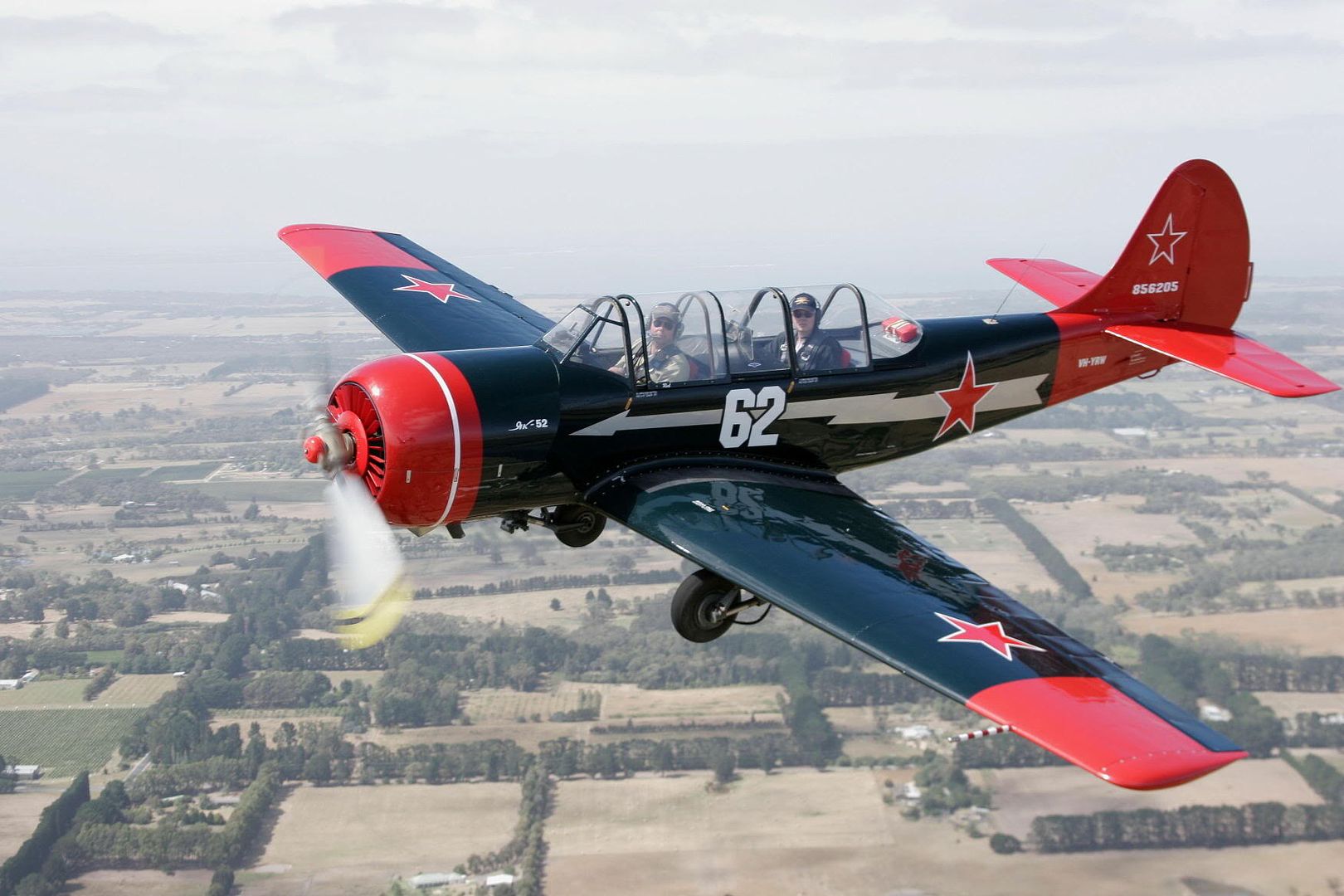Post by corsair67 on Aug 17, 2006 9:45:24 GMT 12
I wonder if this includes the Kiwi/Aussie soldiers who were executed during WW1?
Haig and Co were the ones who should have been executed - for stupidity, if nothing else!
Great War 'cowards' pardoned
August 17, 2006.
LONDON: All 306 British soldiers who were shot at dawn for cowardice during World War I are to be granted pardons.
Ninety years after he was condemned to death, Private Harry Farr will be the first British soldier to have his name cleared, after being found guilty of "misbehaving before the enemy in such a manner as to show cowardice".
Hours after Farr's family was told its 14-year battle to clear his name had been successful, it was announced that the Government would seek parliamentary approval to pardon all 306 soldiers executed during the war.
Defence Secretary Des Browne said: "Although this is a historical matter, I am conscious of how the families of these men feel today. They have had to endure a stigma for decades.
"I believe a group pardon, approved by parliament, is the best way to deal with this. After 90 years, the evidence just doesn't exist to assess all the cases individually."
A court martial took just 20 minutes to decide to send Farr to the firing squad. He had witnessed some of the worst carnage of the war - including the first day of the Battle of the Somme, when the army lost 20,000 soldiers and 60,000 were injured - and had spent two years fighting for his country. He was admitted to hospital for five months, suffering severe shell-shock.
He was so traumatised nurses said he could not hold a pen in his trembling hand.
In September 1916, Farr broke down when ordered to rejoin the troops. The next month, the 25-year-old from north Kensington was condemned to face the firing squad. He was said to have refused a blindfold so that he could look his compatriots in the eye as they shot him.
Campaigners have claimed that most of the soldiers found guilty of cowardice were either unrepresented at trial or represented by those with no legal training, while relevant medical history was ignored.
Farr represented himself. A sergeant major is quoted in his court-martial papers as saying: "If you don't go up to the f..king front I'm going to blow your f..king brains out." Farr replied: "I just can't go on."
Declassified documents describe him as a diligent soldier.
Yesterday, his 93-year-old daughter, Gertrude Harris, said: "I am so relieved that this ordeal is now over and I can be content knowing that my father's memory is intact. I have always argued that my father's refusal to rejoin the front line was in fact the result of shell-shock, and I believe that many other soldiers suffered from this. I hope that others will now get the pardons they equally deserve."
An army chaplain who witnessed Farr's execution said: "A finer soldier never lived."
His grave lies unmarked, its whereabouts unknown.
The Times
Haig and Co were the ones who should have been executed - for stupidity, if nothing else!

Great War 'cowards' pardoned
August 17, 2006.
LONDON: All 306 British soldiers who were shot at dawn for cowardice during World War I are to be granted pardons.
Ninety years after he was condemned to death, Private Harry Farr will be the first British soldier to have his name cleared, after being found guilty of "misbehaving before the enemy in such a manner as to show cowardice".
Hours after Farr's family was told its 14-year battle to clear his name had been successful, it was announced that the Government would seek parliamentary approval to pardon all 306 soldiers executed during the war.
Defence Secretary Des Browne said: "Although this is a historical matter, I am conscious of how the families of these men feel today. They have had to endure a stigma for decades.
"I believe a group pardon, approved by parliament, is the best way to deal with this. After 90 years, the evidence just doesn't exist to assess all the cases individually."
A court martial took just 20 minutes to decide to send Farr to the firing squad. He had witnessed some of the worst carnage of the war - including the first day of the Battle of the Somme, when the army lost 20,000 soldiers and 60,000 were injured - and had spent two years fighting for his country. He was admitted to hospital for five months, suffering severe shell-shock.
He was so traumatised nurses said he could not hold a pen in his trembling hand.
In September 1916, Farr broke down when ordered to rejoin the troops. The next month, the 25-year-old from north Kensington was condemned to face the firing squad. He was said to have refused a blindfold so that he could look his compatriots in the eye as they shot him.
Campaigners have claimed that most of the soldiers found guilty of cowardice were either unrepresented at trial or represented by those with no legal training, while relevant medical history was ignored.
Farr represented himself. A sergeant major is quoted in his court-martial papers as saying: "If you don't go up to the f..king front I'm going to blow your f..king brains out." Farr replied: "I just can't go on."
Declassified documents describe him as a diligent soldier.
Yesterday, his 93-year-old daughter, Gertrude Harris, said: "I am so relieved that this ordeal is now over and I can be content knowing that my father's memory is intact. I have always argued that my father's refusal to rejoin the front line was in fact the result of shell-shock, and I believe that many other soldiers suffered from this. I hope that others will now get the pardons they equally deserve."
An army chaplain who witnessed Farr's execution said: "A finer soldier never lived."
His grave lies unmarked, its whereabouts unknown.
The Times










